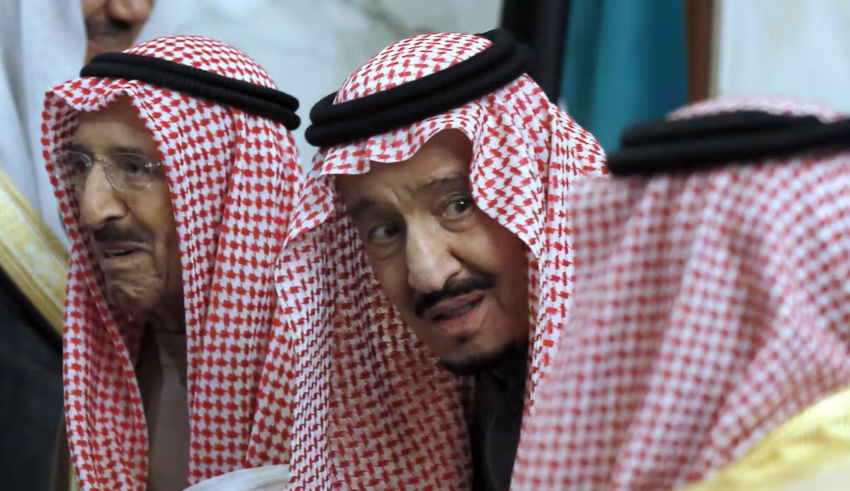
Since the end of 19th century, the Middle Eastern region and countries of the Persian Gulf has taken the strategic attention of most world powers over its energy resources mainly in oil crude and more recently natural gas.
In what concerns to the strategic oil crude, that geographical area holds two-thirds of the world’s reserves and because of it the USA and West countries as well many Asian countries have an increasing of dependency of this resource which given to the Gulf States an increasing of influence and weight in world politics.
This growing dependency obliges the West in general and the USA to have a continuous and permanent policy of defence towards the Sunni monarchies, which implies a military presence in the region and in the Persian Gulf.
This strategic presence raises antagonist questions such as those arising from the fact that the USA should be present to assure stability of US world led liberal order and, whether it should be USA primary goal to defend the Saudi Kingdom and other Gulf states with whom has serious policy disagreements.
The American government´s main answer is based on a resolve to assure the flow of oil to the West at reasonable prices. However, for more than half a century, a central drive behind the American military strategy in the region was the strategic imperative to create a blockage to the control of large amounts of energy resources to its rivals and enemies, who would thereby become more powerful and consequently a bigger threat to their power.
With the Oil – Denial Policy, the central geopolitical objective that caught the US governments attention was to prevent the access and control by the Soviet Union of the region and the Iran’s oil fields. This concern to avoid any Soviet interference or presence led the Truman Administration to adopt as an extreme solution to launch, if necessary, a military attack to take control of those oil fields and the region.
A series of measures were then implemented and became the foundation of the presence by the US in the Gulf and as result the relation with Saudi Arabia deepened. To sustain its power and to preserve its geopolitical strategic imperatives, the US needs to have this supply secure despite its capability to develop alternative energy resources, including ecological ones.
From the outside of the US leadership there is an increasing share of countries which consider that in order to assure and secure the energy supply of the Gulf there is no need in the long-term to have a significant military-security presence.
Maintaining a strong military presence in the Persian Gulf has the cost to the US of roughly 60 billion dollars a year. This relationship is in both interests and depends on the securitization of the oil supply to the world and to deter its adversaries from gaining power over such supplies and region.
The fact that the Gulf states depend on the US for their defence has given more balance to the relation of influence of Gulf oil on the American Republic, giving the US some leverage but only to a point since the Gulf states are aware of this. Even without threats GCC states, especially Kuwait has an ongoing interest in American presence continuing to be felt in the Persian Gulf.
The US government will need to create better conditions for their relationship mainly with Saudi Arabia to flourish again, with their diplomatic relationship having been more negative ever since Biden took office despite his recent visit to Riyadh.
Currently, Gulf Cooperation Council (GCC) states have established a successful leverage of international demand for energy resources, managing to compete effectively with Western and Russian outreach for their political support in regards to the ongoing Ukraine war that has caused an energy crisis.
Consequently, Biden´s visit does not change the fact that the Gulf region and its immense oil reserves will only become more important for the Global economy and with the clear entry of China into the equation, the US will have to make greater efforts to remain the top dog in the gulf.
In conclusion, within this current framework, Saudi Arabia and UAE represent out of all the Gulf states the two main problematic challenges to Western Europe and the US in the short to medium term in regards to the current strategic paradigm set forth by the Ukrainian war, since these two players are simultaneously maintaining close ties with Russia in a bid to better re-assert their geopolitical interests in the new multipolar international world order.
By The European Institute for International Law and International Relations.













